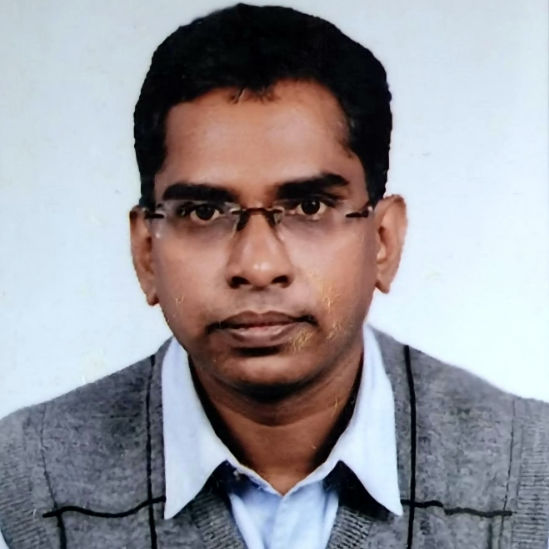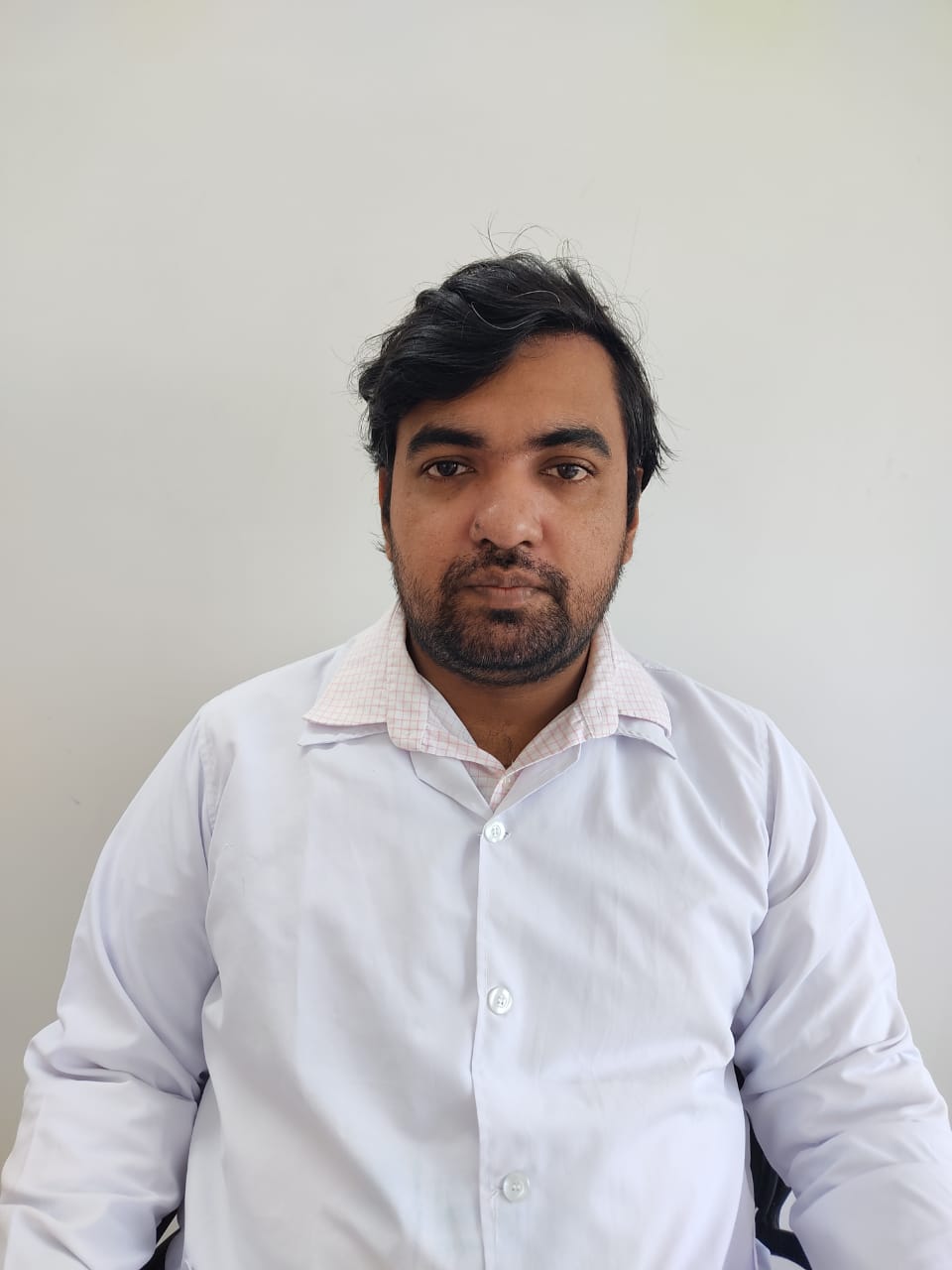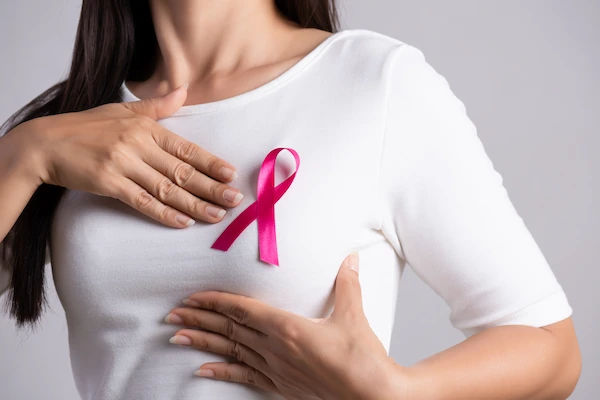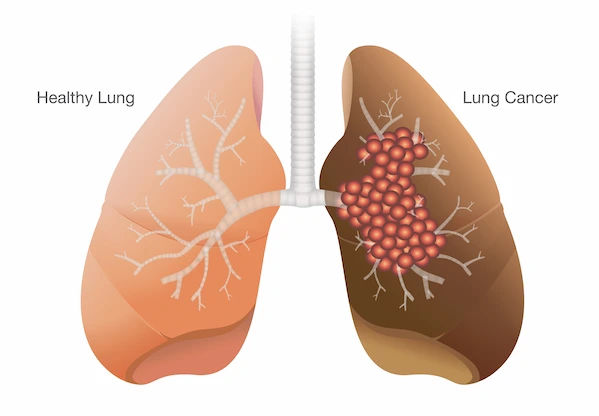What is Breast Cancer? Definition and Overview
Understand what breast cancer is with our comprehensive definition and overview. Learn about its origins, common types, risk factors, and the importance of early detection for effective treatment and improved outcomes.


Breast cancer is a type of cancer that develops in the cells of the breast. It occurs when abnormal cells grow uncontrollably, forming a tumor that can sometimes spread to other parts of the body. While breast cancer is more common in women, men can also develop it, though it is rare.
Understanding breast cancer is crucial because early detection and treatment can significantly improve outcomes. This article will help you learn about breast cancer in simple terms—what it is, its symptoms, causes, and ways to manage or prevent it.
How Does Breast Cancer Develop?
Our bodies are made up of tiny building blocks called cells. Normally, cells grow, divide, and die in a controlled way. But sometimes, due to genetic changes or other factors, these cells start multiplying uncontrollably, forming a lump or tumor.
Breast cancer usually begins in the milk producing glands (lobules) or the ducts that carry milk to the nipple. If not detected early, cancer cells can spread to nearby lymph nodes or other organs—a process called metastasis.
Common Symptoms of Breast Cancer
Not all breast lumps are cancerous, but it’s important to be aware of possible warning signs, which may include:
- A lump or thickening in the breast or underarm area
- Changes in breast size or shape
- Nipple discharge (other than breast milk)
- Nipple turning inward (inversion)
- Redness, dimpling, or puckering of the skin (like an orange peel)
- Persistent pain in the breast or nipple
If you notice any of these changes, consult a doctor. Early detection can make treatment more effective.
What Causes Breast Cancer?
The exact cause of breast cancer is not always clear, but certain risk factors increase the chances of developing it:
1. Age & Gender
- Women over 50 are at higher risk.
- Being female increases risk, but men can also develop breast cancer.
2. Family History & Genetics
- Having close relatives (mother, sister, daughter) with breast cancer raises risk.
- Inherited gene mutations like BRCA1 and BRCA2 can increase likelihood.
3. Hormonal Factors
- Early menstruation (before age 12) or late menopause (after 55).
- Long Term use of hormone replacement therapy (HRT).
4. Lifestyle Factors
- Obesity (especially after menopause).
- Alcohol consumption (more than one drink per day).
- Lack of physical activity.
5. Radiation Exposure
- Previous radiation therapy to the chest area may increase risk.
How is Breast Cancer Diagnosed?
If you notice any unusual changes, your doctor may recommend:
1. Clinical Breast Exam – A physical check for lumps or abnormalities.
2. Mammogram – An X Ray of the breast to detect tumors.
3. Ultrasound or MRI – Helps distinguish between solid lumps and fluid filled cysts.
4. Biopsy – Removing a small tissue sample to test for cancer cells.
Early detection through regular self exams and mammograms can save lives.
Treatment Options for Breast Cancer
Treatment depends on the cancer type, stage, and overall health. Common approaches include:
- Surgery – Removing the tumor (lumpectomy) or the entire breast (mastectomy).
- Radiation Therapy – Using high energy rays to kill cancer cells.
- Chemotherapy – Drugs to destroy fast growing cancer cells.
- Hormone Therapy – Blocks hormones that fuel certain breast cancers.
- Targeted Therapy – Drugs that attack specific cancer cell features.
Your doctor will create a personalized plan based on your condition.
How Can You Reduce the Risk of Breast Cancer?
While some risk factors (like genetics) can’t be changed, you can lower your risk with healthy habits:
- Maintain a Healthy Weight – Obesity increases risk, especially after menopause.
- Stay Active – Aim for at least 30 minutes of exercise most days.
- Limit Alcohol – Stick to one drink per day or less.
- Breastfeed if Possible – Reduces risk for some women.
- Avoid Smoking – Smoking is linked to many cancers, including breast cancer.
- Get Regular Screenings – Mammograms help detect cancer early.
Consult Top Specialists
When Should You See a Doctor?
If you notice any unusual changes in your breasts, don’t wait—schedule an appointment with a doctor. Early detection is key to successful treatment.
If you have a family history of breast cancer, consider genetic counseling to assess your risk.
Final Thoughts
Breast cancer is a serious condition, but with awareness, early detection, and advances in treatment, many people survive and lead healthy lives. Knowing the signs, staying proactive with screenings, and adopting a healthy lifestyle can make a big difference.
If you have concerns or need a consultation, Apollo 24|7 offers expert care and convenient booking for mammograms and doctor visits. Your health matters—take the first step today.
Would you like to schedule a check up or learn more? Visit Apollo 24|7 for support and guidance.
Stay informed, stay healthy!
Consult Top Specialists
Consult Top Specialists

Dr. Rajib Ghose
General Practitioner
25 Years • MBBS
East Midnapore
VIVEKANANDA SEBA SADAN, East Midnapore

Dr. Aakash Garg
Gastroenterology/gi Medicine Specialist
12 Years • MBBS, DNB (Medicine), DrNB (Gastroentrology).
Bilaspur
Apollo Hospitals Seepat Road, Bilaspur
(125+ Patients)

Dr Sanju Daniel John
General Physician/ Internal Medicine Specialist
12 Years • MD internal medicine, fellowship in diabetology, geriatric, infectious diseases
Angamaly
Apollo Hospitals Karukutty, Angamaly
(75+ Patients)

Dr. Santanu Mandal
General Physician/ Internal Medicine Specialist
17 Years • MD (Physician), DNB (General Medicine)
Kolkata
MCR SUPER SPECIALITY POLY CLINIC & PATHOLOGY, Kolkata
(25+ Patients)

Dr. Mijanur Rahaman Mondal
General Practitioner
3 Years • MBBS
Kolkata
Dr Utsa Basu Clinic, Kolkata
(25+ Patients)
Consult Top Specialists

Dr. Rajib Ghose
General Practitioner
25 Years • MBBS
East Midnapore
VIVEKANANDA SEBA SADAN, East Midnapore

Dr. Aakash Garg
Gastroenterology/gi Medicine Specialist
12 Years • MBBS, DNB (Medicine), DrNB (Gastroentrology).
Bilaspur
Apollo Hospitals Seepat Road, Bilaspur
(125+ Patients)

Dr Sanju Daniel John
General Physician/ Internal Medicine Specialist
12 Years • MD internal medicine, fellowship in diabetology, geriatric, infectious diseases
Angamaly
Apollo Hospitals Karukutty, Angamaly
(75+ Patients)

Dr. Santanu Mandal
General Physician/ Internal Medicine Specialist
17 Years • MD (Physician), DNB (General Medicine)
Kolkata
MCR SUPER SPECIALITY POLY CLINIC & PATHOLOGY, Kolkata
(25+ Patients)

Dr. Mijanur Rahaman Mondal
General Practitioner
3 Years • MBBS
Kolkata
Dr Utsa Basu Clinic, Kolkata
(25+ Patients)



